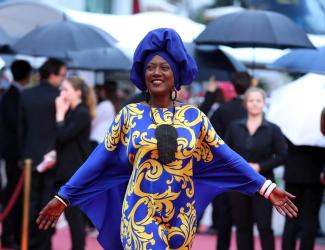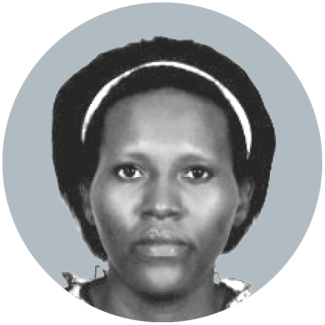Burundi
Burundi’s diaspora and its remittances are largely unknown

People from Burundi live everywhere in the world. Popular emigration destinations include, for example, Canada, Australia and Belgium. Many also stay on the African continent: for instance, a large number of Burundians live in neighbouring Tanzania. Precisely how many live in any particular country is unknown, however.
Many Burundians who live abroad send money back home, albeit significantly less than migrants from other countries in the region: according to a World Bank report, in 2016, Burundians sent home an average of $ 140, whereas Tanzanians living abroad sent an average of $ 1448 and Kenyans abroad sent as much as $ 1593. It is possible, however, that money is also flowing through other, unknown channels.
Those who want to not only support their families, but also invest in Burundi, get government support. They are aided by the Agence de Promotion des Investissements (API), which works closely with the tax authority, the Office Burundais des Recettes (OBR).
A lack of foreign currency
To transfer money, most members of the Burundian diaspora rely on Western Union. One implication is that the recipients get the money in the local currency, Burundi francs. The central bank wants to retain control over the country’s foreign exchange. This desire is one reason why it ordered all currency exchange offices to close in February 2020. Now, only banks are allowed to exchange money.
“The country has a striking lack of foreign currency, and the central bank is attempting to use authoritarian measures to control all foreign currency that comes into the country, and to prevent the depreciation of the Burundi franc against the dollar,” says Faustin Ndikumana, an independent analyst.
National diaspora policy
In 2016, in cooperation with the International Organization for Migration (IOM), Burundi drafted a national diaspora policy. The goal is regular exchange with Burundians living abroad via the diaspora organisations that they have founded. With the help of embassies, the Ministry of Foreign Affairs wants, among other things, to ease customs matters. It also wants post offices to handle remittances.
With support from the IOM, the government has launched an initial census of Burundians living in two foreign countries, says Philbert Murekambanze of the Foreign Ministry’s diaspora office. He does not indicate which countries are concerned. According to him, the government does not keep track of who leaves the country, so the total number of migrants is not known.
Since 2016, the government has regularly held a diaspora week in Burundi at the end of July. During the third annual event, in 2018, which was attended by 300 Burundians living in 26 countries, the head of Burundi’s diaspora organisations, Japhet Legentil Ndayishimiye, stressed that the diaspora is contributing to the country’s development in many areas, including health care and education. He cited examples like a complex in the village of Kigutu in the southern province of Bururi, which includes a hospital and a boarding school. It was built by Deogratias Niyonzima, who lives in the US. Burundi’s former president, Pierre Nkurunziza, honoured Niyonzima twice for his contribution to the country’s development.
Another example is André Nkeshimana, who lives in the Netherlands and directs the organisation IZERE-Hollande. Among other things, it provides surgical services that meet Dutch standards to correct cleft lips and palates. It also runs income-generating programmes. Other Burundians living abroad have helped to establish a university and a community radio station.
Divided like the country
In 2015, Nkurunziza triggered a serious political crisis by running for a third term as president (see Gesine Ames in D+C/E+Z e-Paper 2015/07, Focus section). This crisis affected the diaspora and its representatives. The current representation reportedly has close ties to the government. Other members of the diaspora supposedly sympathise with the exiled opposition. For ethnic reasons as well, the Burundian diaspora is not a homogeneous group, nor does it speak with one voice – despite the fact that the diaspora agency at the Ministry of Foreign Affairs gives the impression of unity.
Mireille Kanyange is a journalist and reporter for Radio Isanganiro in Burundi.
mika.kanyange@gmail.com








